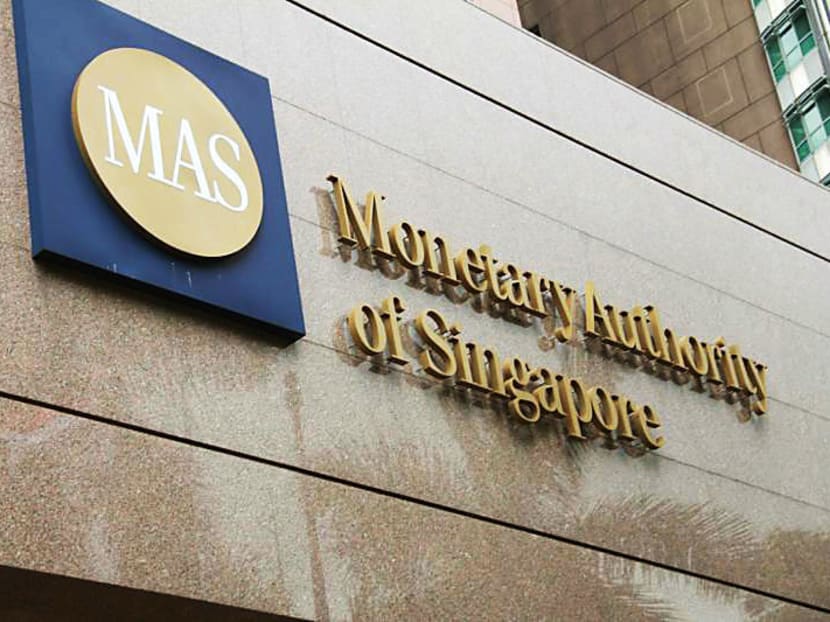MAS tweaks REIT rules
SINGAPORE — The Monetary Authority of Singapore (MAS) announced today (July 2) a slew of measures to strengthen the real estate investment trust (REIT) sector, including imposing a statutory duty on REIT managers and their directors to prioritise the interests of unitholders, requiring more comprehensive disclosure standards and relaxing limitations on borrowing by the trusts.

TODAY file photo
SINGAPORE — The Monetary Authority of Singapore (MAS) announced today (July 2) a slew of measures to strengthen the real estate investment trust (REIT) sector, including imposing a statutory duty on REIT managers and their directors to prioritise the interests of unitholders, requiring more comprehensive disclosure standards and relaxing limitations on borrowing by the trusts.
This comes following feedback to its consultation paper published last October.
Under the new regulations, REIT managers and their directors will be bound by a statutory duty to prioritise the interests of unitholders over those of the managers and their shareholders in the event of a conflict of interest.
REIT managers are often majority-owned by the sponsors — often the owners of the properties injected into the REIT — and the dealings between the trust managers and the sponsors can be potentially detrimental to investors.
To bolster corporate governance, at least half of the REIT manager’s board of directors must comprise independent directors if unitholders are not given the right to appoint the manager’s director. REIT managers will also be required to disclose their remuneration policies and procedures in the trust’s annual reports.
Other key changes include requiring REIT managers to justify fees to ensure transparency of their fee structure as well as explain their methodology for computing performance fees and justify how that methodology takes into account unitholders’ interest.
This, MAS said, will provide greater clarity on the various types of fees charged by managers without being over prescriptive on how fees should be charged.
The changes will be phased in to facilitate smooth implementation, and take effect by January 2016.
In a move to boost the REITs’ operational flexibility, the MAS has also decided to raise the leverage limit — or ratio of debt-to-assets — to 45 per cent from 35 per cent.
REITs often borrow to upgrade buildings or acquire more assets, a requisite for stronger rental yields and dividends.
The relaxed limit is balanced by the MAS’ move to remove a provision allowing REITs with credit ratings to leverage up to 60 per cent.
Meanwhile, the development limit of a REIT will be increased to 25 per cent of its deposited property, up from 10 per cent currently.
“This will provide REITs with greater operational flexibility to rejuvenate their maturing portfolio of assets,” the MAS said.





